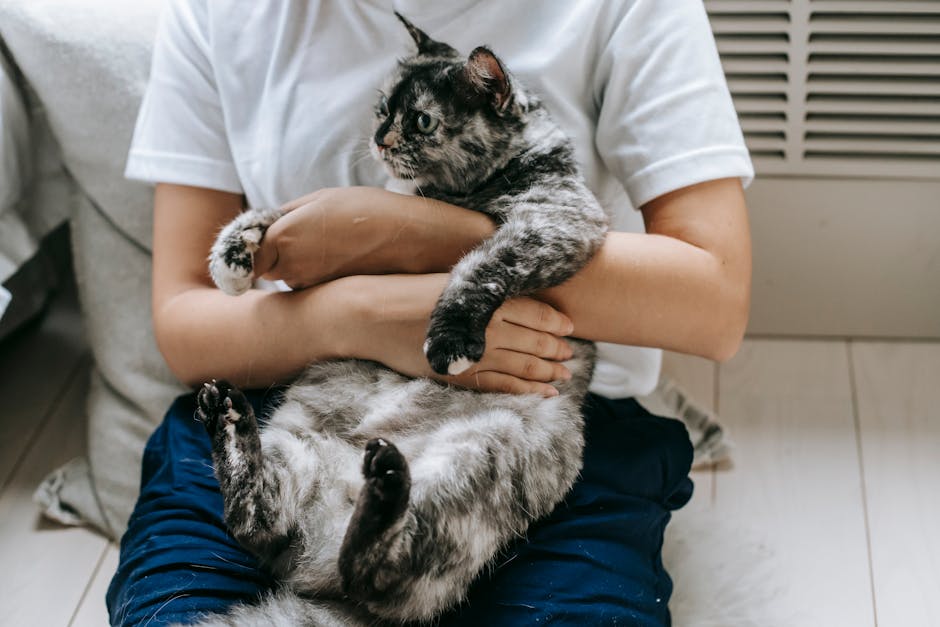Choosing a pet is a momentous decision, a commitment that extends beyond a fleeting fondness. A careful consideration of your lifestyle, living situation, and personal capabilities is paramount to ensuring both your happiness and the pet’s well-being. This isn’t merely about fulfilling a desire; it’s about establishing a harmonious partnership that endures. Navigating this choice effectively necessitates a thorough evaluation of your circumstances and an understanding of the diverse needs various animals present.
Initial Assessments: Defining Your Needs
Before even contemplating a pet, self-reflection is crucial. Consider your daily routine: are you a stay-at-home parent, a busy professional, or a frequent traveler? Understanding your typical schedule helps pinpoint the demands a pet might bring and determines if you can realistically meet them. A dog requiring extensive daily walks might be unsuitable for someone with limited free time. A cat, while independent, also requires consistent care and attention. Similarly, evaluate your living environment. Apartment dwellers face different constraints regarding space and exercise compared to homeowners with large yards. Consider your physical capabilities: can you handle the strenuous activity of a large breed dog or the potential health challenges of an aging animal?
Understanding Different Pet Needs: A Deep Dive
Various animal types present diverse needs and expectations. Dogs, renowned for their loyalty and companionship, necessitate consistent exercise and training. Smaller breeds, while charming, require daily walks and attention, albeit on a smaller scale. Larger breeds often demand more space and more robust activity regimens. Breed-specific traits further complicate the picture. Researching the temperament and specific needs of various dog breeds is vital. A breed prone to aggression might not be ideal for a household with children.
Cats, often regarded as independent companions, still demand regular interaction and a stimulating environment. They require feeding, grooming, and litter box management. Certain breeds, like Persians, may necessitate specialized care. Cats, like dogs, present distinct personalities, and understanding these variations is vital. A timid cat might not thrive in a chaotic household, while a boisterous one might struggle in a quiet home.
Small mammals, such as hamsters and rabbits, demand unique care and attention. These pets require specific diets, enrichment activities, and consistent monitoring. Their comparatively shorter life spans can create a different kind of emotional dynamic in a home. Birds, with their vibrant personalities, demand appropriate cages, specialized diets, and consistent attention to their unique needs. Individual bird species present varied requirements, necessitating research.
Beyond the Animal: Evaluating Your Family
The presence of other family members, particularly children, profoundly impacts the type of pet you can accommodate. Small children need guidance on interacting with animals, and ensuring the safety of both parties is paramount. An exuberant puppy might be too much for a young child to manage. Similarly, a highly sensitive cat may react to boisterous interactions from a child.
A crucial aspect of choosing a pet is considering their compatibility with other household pets. Introducing new animals into an existing household requires a cautious and well-structured approach. Compatibility considerations must address existing dynamics and potential conflicts.
Practicalities of Care: Financial and Time Commitments
Adopting a pet entails more than just purchasing or procuring an animal. A thorough evaluation of associated costs is important. Food, vet bills, grooming, and supplies can all quickly mount up. Developing a budget is vital to avoiding financial strain. Determine if your financial resources can cover these eventualities, which often arise.
Time commitment is equally critical. Researching the average time requirement for each animal is crucial. A dog may necessitate daily walks and playtime. Cats, although independent, require daily attention to their needs. A family with a demanding schedule might be better suited to an animal with comparatively lower maintenance requirements.
Consideration of the Pet’s Life Expectancy
Each animal species has a life expectancy. Choosing a pet aligned with your life expectancy and planned future events is vital. An aging pet may require more care, potentially placing a burden on those who care for them. A commitment to long-term care is essential for the animal’s well-being.
Responsible Ownership: Building a Supportive Environment
Responsible pet ownership is a commitment that extends beyond daily care. Understanding the animal’s emotional and behavioral needs is paramount. Positive reinforcement training for dogs, and providing stimulating environments for cats and other pets are critical. A thorough understanding of their species and individual personalities are crucial.
Choosing the right pet is not just about finding an animal to adore; it is about identifying an animal who’s needs and temperaments align with your lifestyle and commitments. This carefully considered choice ensures a harmonious relationship that benefits both you and your new companion. Only then can you achieve the profound joy and companionship that comes from a truly fulfilling pet ownership experience.
